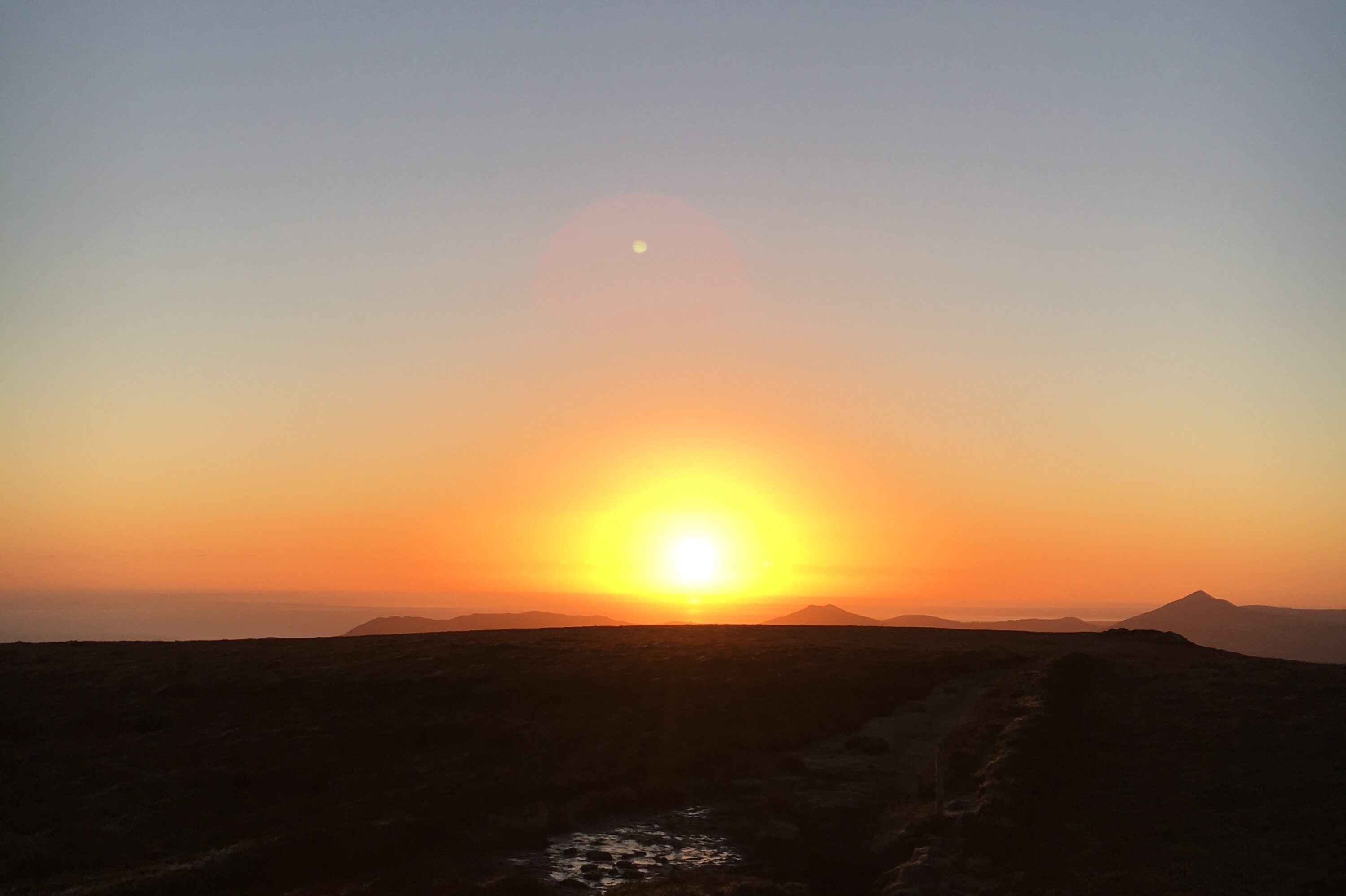
Meditation and mindfulness
To say the last year has been stressful would be a slight understatement. I’ve started a business, moved house, experienced numerous car issues (I am the previous owner of a complete dud, that spent about 3 months in the garage during our brief relationship – and what I know about cars could fit into the head of a pin), made the dubious decision to go back and study, changed job and am slowly coming to terms with the fact that I’m not even going to qualify as being in my late twenties in just a few short weeks. A lot of the above was motivated by the fact that I dreaded going to work, (the thought of continuing as I was for the next 30-40 years filled me with a sinking despair that simply refused to dissolve) and eventually realised I was actually now an adult – and no one was going to step in and change things for me, so I would have to do it myself.
This realisation, coupled with approaching the big 3-0, has forced me to consider where I am in my life (truthfully, I have no idea) and where I would like to be. Comparing your life stages to your parents’ is ill-advised for anyone born from 1980 onwards, as we are technically the first generation documented to have a poorer quality of life than the one before us, and therefore is guaranteed to put you in a “it’s Sunday and all I did was drink gin all weekend” kind of mood – i.e. Fearful with a capital F.
Numerous “self-help” books and detoxes later (physical, mental and emotional – along with clearing out most of my stuff à la Mari Kondo), and I discovered that the consistent underlying thread of anything that wasn’t running quite as smoothly as I would like, was simply my reaction to it – which realistically translates to stress. The upside to all this navel-gazing has been the decision to find a more effective way of dealing with said stress, as everything else can be quite straightforward if this can first be overcome.

Yoga and running have always been my stress relievers, but to date they have only managed to calm the voice in my head – not prevent it from beginning to shout in the first place. Running in particular can put an end to hours of hamster-wheel-like pointless ruminating on any topic, but I don’t know if it necessarily reduces the frequency of occurrence. Something that presented itself as a potential preventive solution, rather than cure, was meditation. Over the course of 6 months, meditation kept popping up – it turned up in a number of books I was reading, came up in countless conversations and even podcasts I was listening to, so I decided to give it a go.

I had always been skeptical of meditation. All my life I have tended towards being an anxious person when under pressure, and as a result have tried a wide selection of mindfulness courses, hatha yoga and breathing exercises. The teachers associated with some of these practices very much embodied the stereotypical shawl-wearing, fuzzy-haired and “breathy-voiced” caricature that meditation can conjure up in one’s mind…not really something I can identify with on a daily basis, despite my green smoothies and apple cider vinegar. However, the science behind meditation is intriguing. Lower blood pressure and a reduction in size of the “stress centre” in the brain are just some of the benefits proven by studies from high calibre research sources such as Harvard Medical School.
Enter Dan Harris and his 10% Happier concept which totally appealed to me. Here is guy who lives and works in Manhattan, most definitely does not wear a shawl and seems like he’d be good craic to hang out with. His book, 10% Happier: How I Tamed the Voice in My Head, Reduced Stress Without Losing My Edge, and Found Self-Help That Actually Works – A True Story, has a pretty self explanatory title – and describes how he has used meditation as a tool to overcome panic attacks and anxiety, and improve his career as a newsreader and journalist. I found his book very enjoyable as a read in itself, and his podcast by the same name is almost as convincing, for those of you that spend as much time travelling as I do.

My meditation practice is not very advanced, it’s a few minutes (building to 15, or even 20 minutes on a good day) in the morning, on the floor next to my bed, focusing on my breath. However the results so far have been noticeably less frequent trips on the hamster wheel, and and calmer, more logical responses to stressful situations, particularly in work. I think the misconception with meditation is that you are aiming for this magical place where all your problems go away – but the more I learn about it, from seasoned meditators, and my own first hand experience, this is totally false. There is no final destination, where everything eventually be complete, or perfect – just like in everyday life we can tell ourselves we’ll be happy “when” – when we go on holiday, when we lose those last few pounds, when we get that promotion. “When” doesn’t exist, and meditation is the same. My problems and difficulties are still there, but how I deal with them has changed quite dramatically, in a relatively short space of time.
There are a number of meditation “gurus”, like Eckhardt Tolle, Deepak Chopra and Anthony De Mello, but there are also a surprising number of “normal” people that meditate, along with some super achievers like Michael Jordan, Hugh Jackman and Ariana Huffington, that make it part of their daily life. Dan Harris’s take struck a chord with me, as it felt particularly normal and relatable, so if the mysticism of meditation is what puts you off, it might be worth a try.


